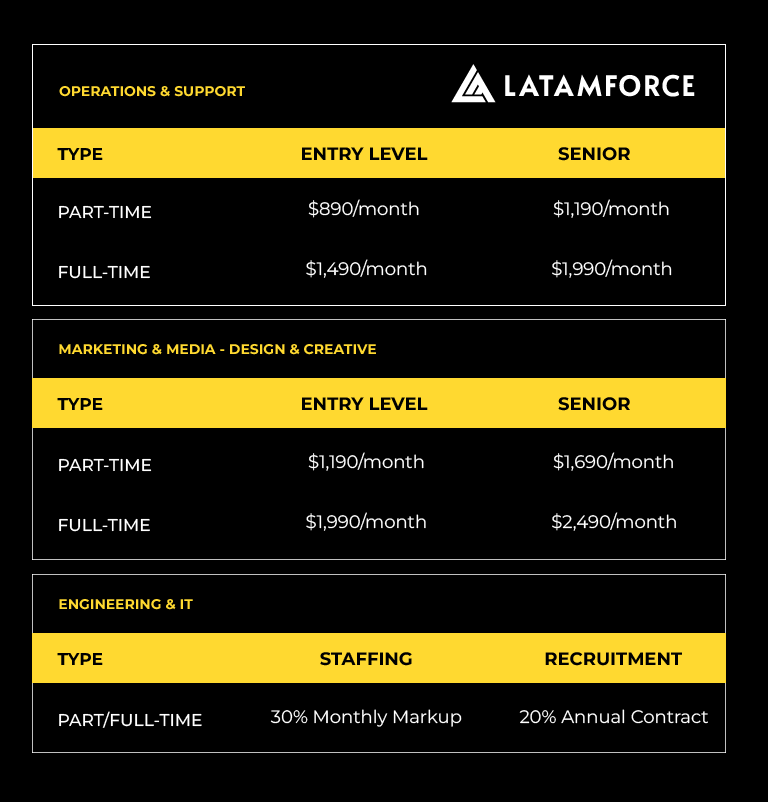Sustainable Outsourcing: Building Long-Term Partnerships for Lasting Success
In today’s dynamic business landscape, sustainability is not just about environmental consciousness; it’s also about building lasting relationships in the professional realm. Sustainable outsourcing goes beyond short-term gains, emphasizing the importance of forging partnerships that stand the test of time. In this blog post, we’ll explore the key principles of sustainable outsourcing and how it contributes to the mutual growth and success of both clients and their offshore partners.
Establishing Trust as the Foundation:
The cornerstone of sustainable outsourcing lies in the establishment of trust between clients and their outsourcing partners. Trust is cultivated through transparent communication, consistent delivery of high-quality work, and a shared commitment to common goals. By fostering an atmosphere of openness and reliability, long-term partnerships can be built on a solid foundation of mutual trust.
Cultural Alignment for Collaboration:
Sustainable outsourcing involves more than just transactional relationships; it requires a deep understanding of cultural nuances and a commitment to fostering collaboration. Building a team that shares common values, communication styles, and work ethics is crucial for creating a cohesive working environment. When client and outsourcing partner cultures align, it not only enhances day-to-day operations but also contributes to a sense of unity and shared purpose.
Investing in Talent Development:
For sustainable outsourcing, it is essential to view the offshore team as an extension of the client’s organization. This involves investing in the professional development of the offshore team, providing training opportunities, and ensuring they stay updated with the latest industry trends. A skilled and continually evolving offshore team becomes an asset that adds long-term value to the client’s business.
Alignment with Business Goals:
Sustainable outsourcing goes hand in hand with aligning the outsourcing strategy with the broader business goals of the client. This requires a collaborative approach to understand the client’s vision, mission, and strategic objectives. As outsourcing partners become more integrated into the client’s business ecosystem, they can proactively contribute to achieving shared milestones and long-term success.
Risk Mitigation and Contingency Planning:
A sustainable outsourcing model incorporates robust risk mitigation and contingency planning. This involves identifying potential challenges and developing strategies to address them effectively. By acknowledging and preparing for potential disruptions, both clients and outsourcing partners can navigate uncertainties together, reinforcing the resilience of the partnership.
Measuring Success Beyond Short-Term Metrics:
While short-term metrics like cost savings are important, sustainable outsourcing looks beyond immediate gains. Metrics should include long-term indicators of success, such as client satisfaction, employee retention, and the impact on overall business growth. This holistic approach ensures that the outsourcing partnership contributes meaningfully to the client’s enduring success.
Sustainable outsourcing is a strategic approach that focuses on building enduring partnerships for mutual growth. By prioritizing trust, cultural alignment, talent development, business goal alignment, and effective risk management, businesses can create outsourcing relationships that stand the test of time. In the ever-evolving global marketplace, sustainable outsourcing is not just a trend; it’s a commitment to shared success that transcends short-term gains, paving the way for a future of enduring collaboration and prosperity.
Discover the untapped potential of the remote workforce in Latin America! Schedule a call with our specialists today to explore how our nearshoring agency can connect you with the ideal offshore talent tailored to meet your business requirements. Let’s embark on a journey to find the perfect solutions for your workforce needs.




